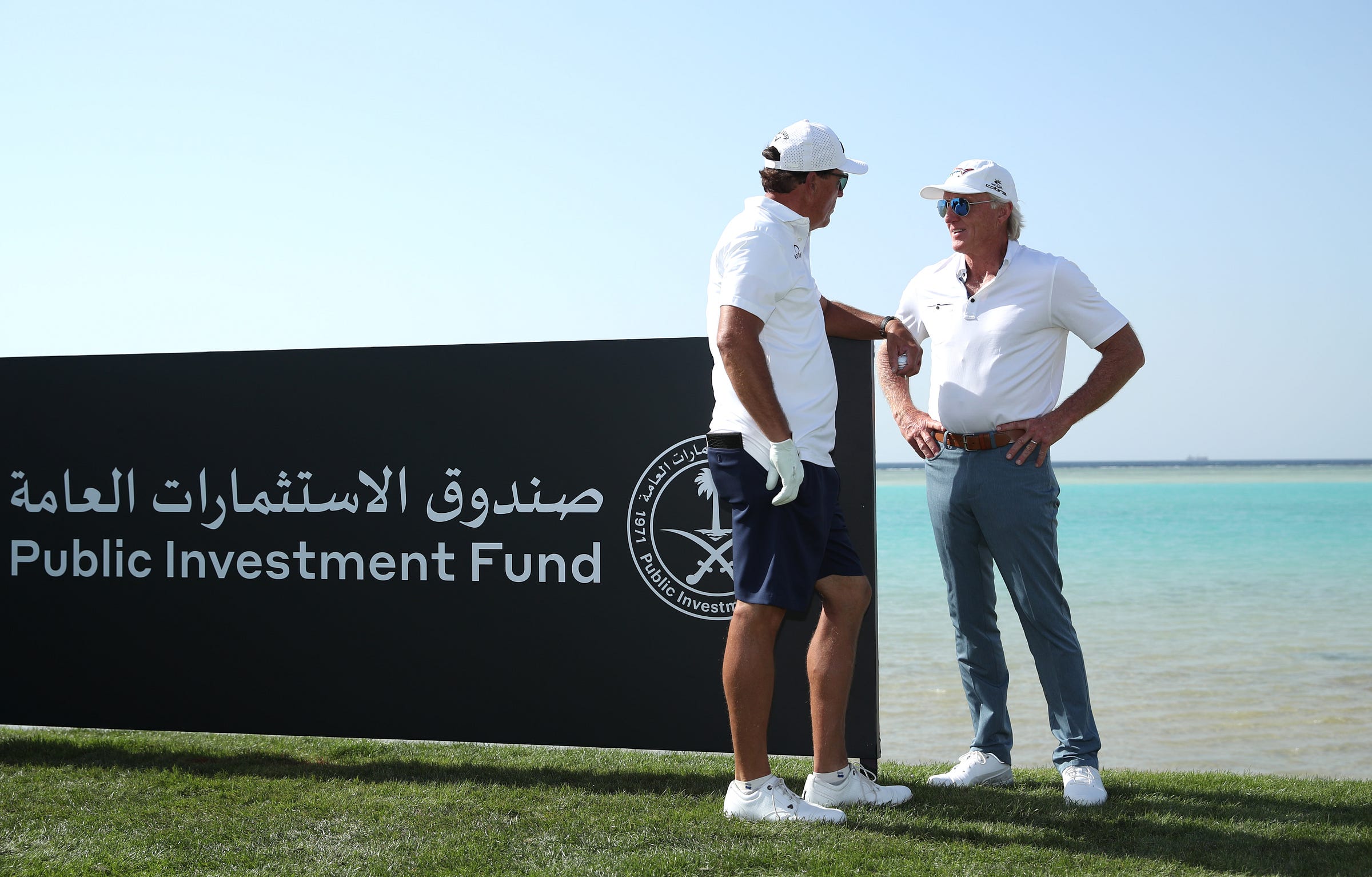Are you not entertained?
Authoritarians love to use the sports we love.
BY HENRY ABBOTT

Why don’t you guys want to go into the attic?
After high school, I worked as a waiter in a fancy golf club. The clubhouse attic had all these little individual quarters, almost like hotel rooms. No, you couldn’t sleep over—they were mostly used for storage by the time I worked there. Often it was me who had to visit the attic when, say, we needed more styrofoam cups. Most of the kitchen staff refused to go up there.
After maybe my fifth trip in a week, I again asked why no one wanted to go into the attic.
Because it’s haunted by the ghosts of prostitutes who were murdered up there.
What the …?
A kid whose…


